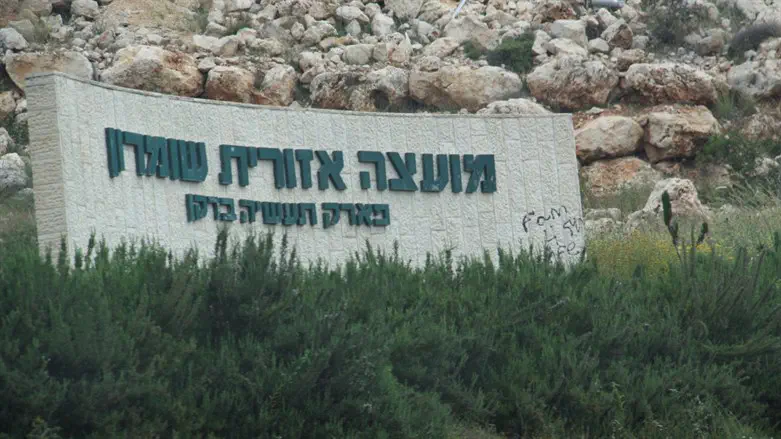
Israel National News - Arutz Sheva spoke with Meir Kahana, CEO of the toy company 'Isratoys' in the Barkan industrial zone, to understand the consequences of yesterday's murderous attack at the entrance to the Ariel industrial zone, which has so far been described as a successful economic coexistence project between Palestinians and Israelis.
"We went through a very difficult event here and I express my condolences to the families," Kahana begins. "On the one hand, there is coexistence here. The Barkan industrial area is one of the largest in Israel. It has over 8,000 employees, more than half of them Palestinians. Over 170 factories where Jews and Arabs work shoulder to shoulder and an event like this comes, slaps us in the face, and destabilizes everyone, but we continue to work and produce here."
Yesterday's attack is not the first in these industrial areas and Kahana agrees that serious attacks do indeed occur, "but even when traveling on the roads, there are more traffic accidents than terrorist incidents, so should we be afraid? Will we take public transportation? Because there are accidents, should we walk? Even at the crosswalks, there can be accidents. We are not afraid. We are careful, more vigilant. Not all Arabs are terrorists. There are terrorists and there are weeds everywhere. We are more careful."
Regarding the atmosphere in the days after an attack in factories where Jews and Arabs work together, Kahana says that there is indeed "a tense atmosphere, an atmosphere of concern. The Palestinian workers do not agree with this incident. I have workers here who have been working with me for thirty years. There is no insurance, but those who work here from seven in the morning until 11 at night, clearly do not want to cause harm but to earn a living and provide for their families. Yesterday, there was tension both on our part and on the part of the Palestinian workers, and they withdraw more."
Faced with this atmosphere, Kahana says: "A very serious incident happened yesterday, and yet we continue to work and produce. We don't act as if nothing happened but continue to work, talk and try to restore trust.."
Kahana emphasizes the importance of the factories in the industrial zones in Samaria to the Arab population as well: "The Barkan industrial zone transfers almost NIS 40 million a month in salaries that are spent in the Palestinian Authority. That is, with this money, they buy goods in Nablus and Ramallah and this is how we also drive the Palestinian economy and not only the Israeli one. There is nothing better for coexistence than mutual sustenance." Kahana mentions that he is not a political person but an industrialist, and as such he believes that reality will change through the economy.